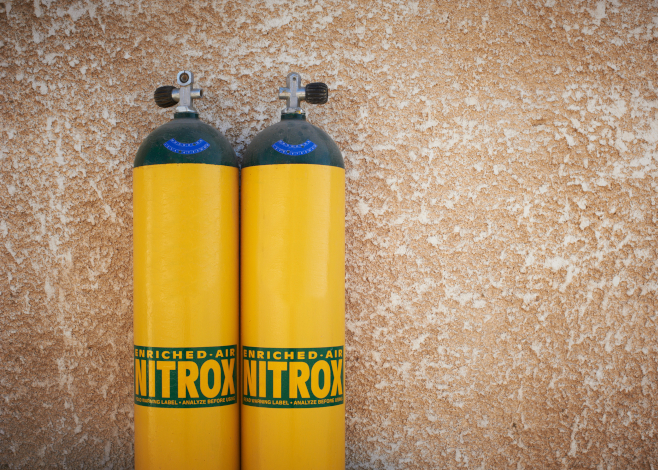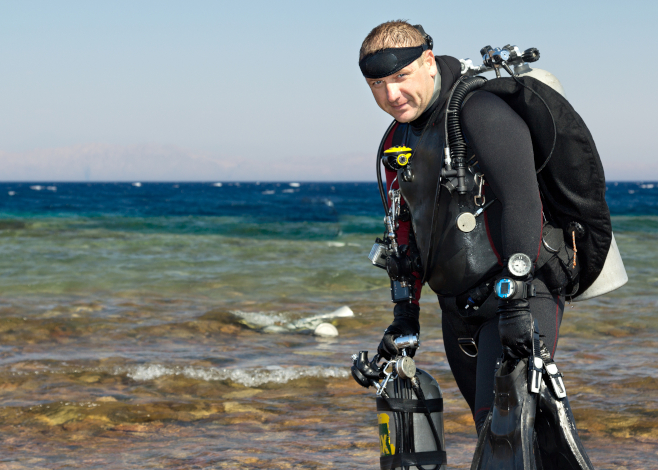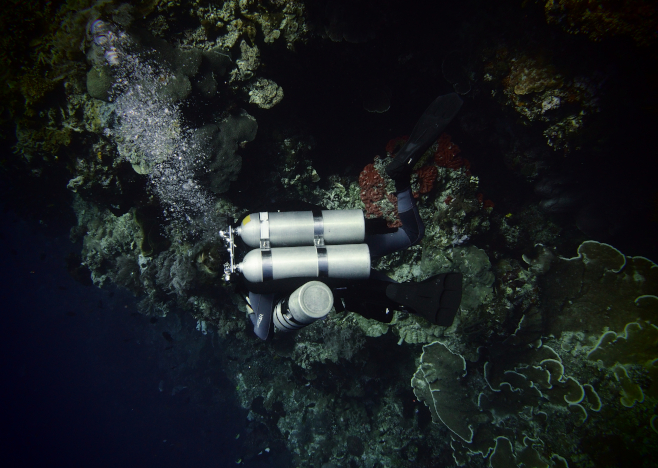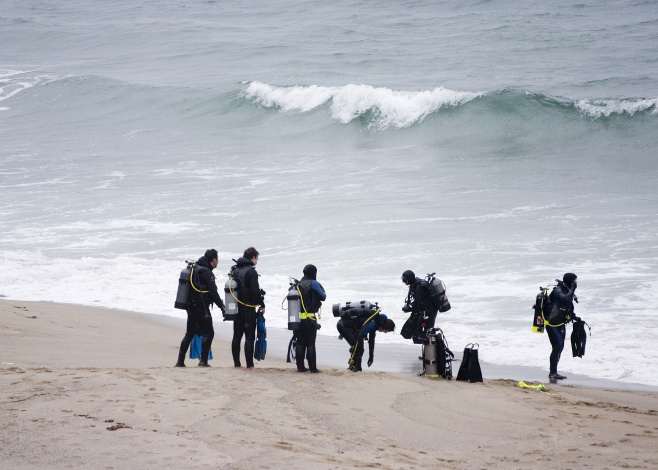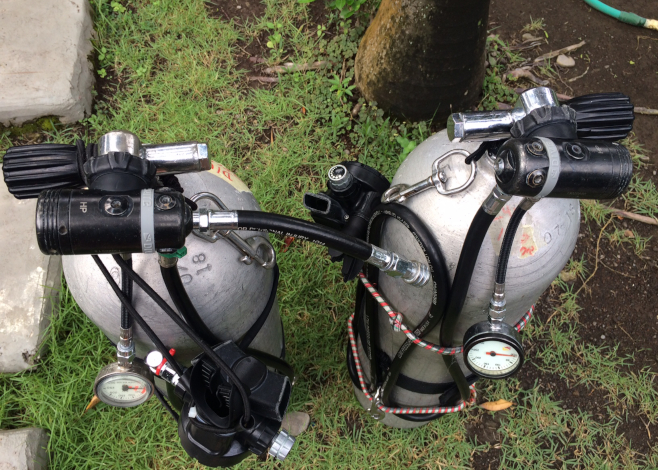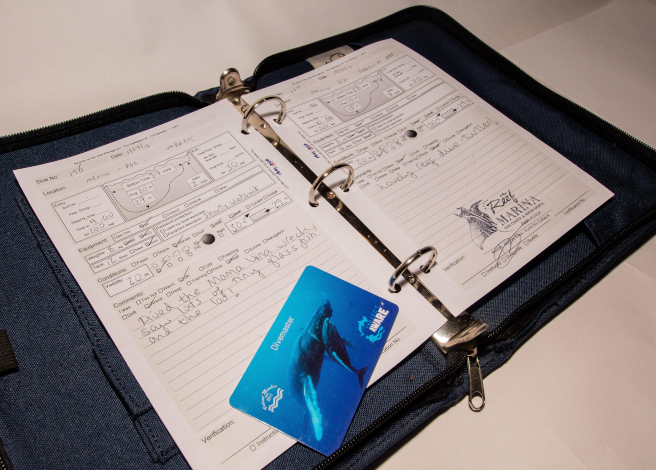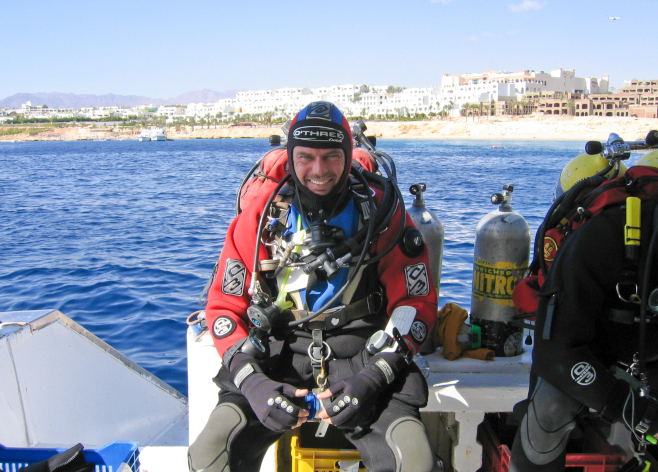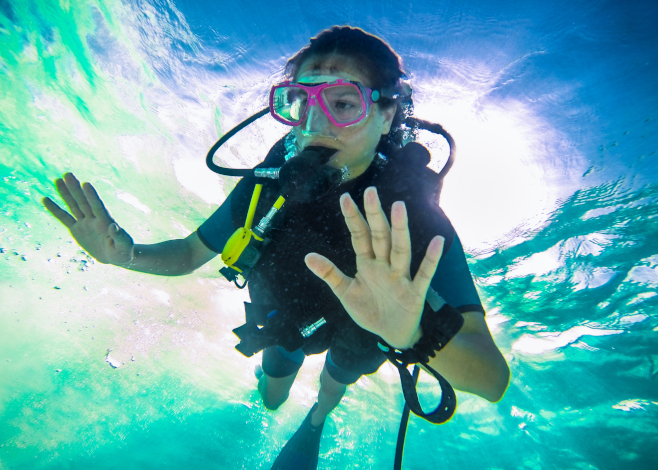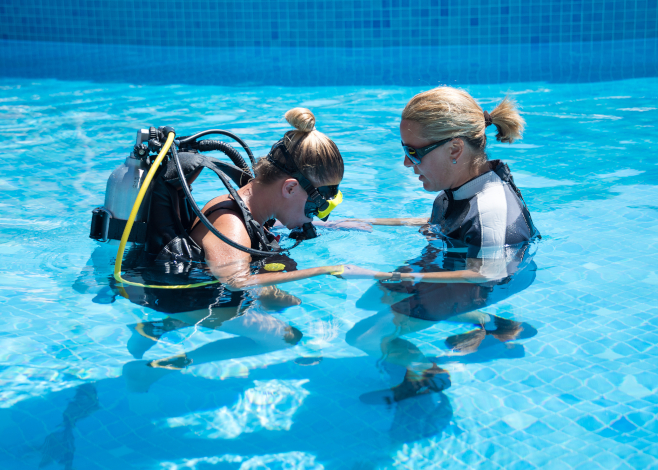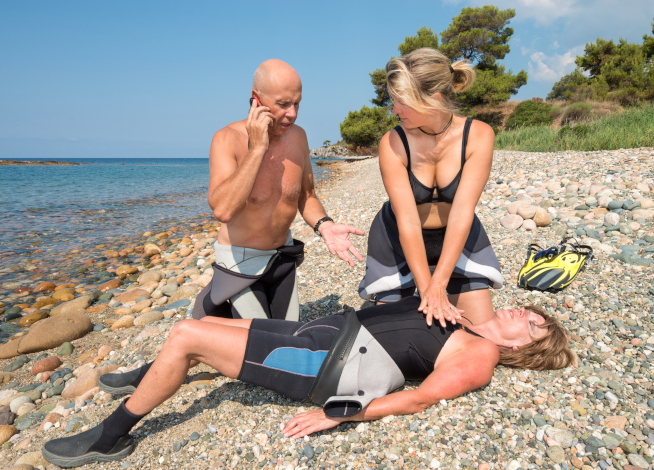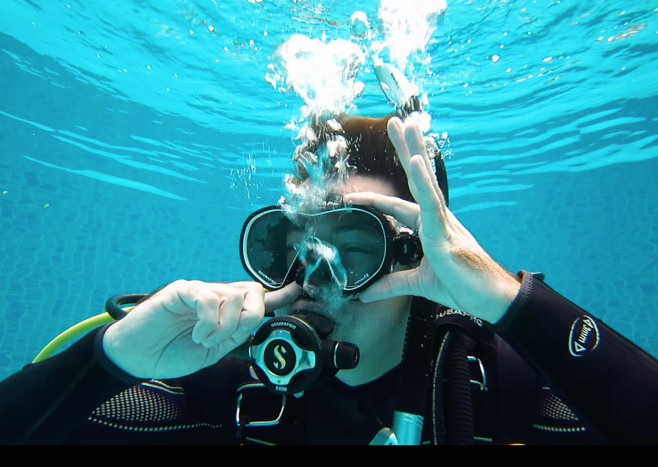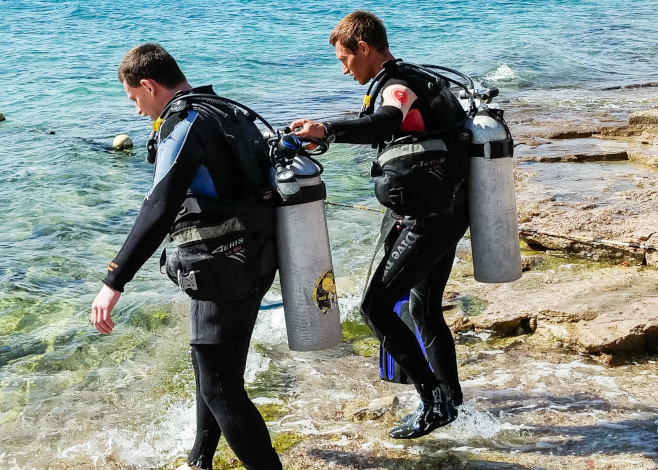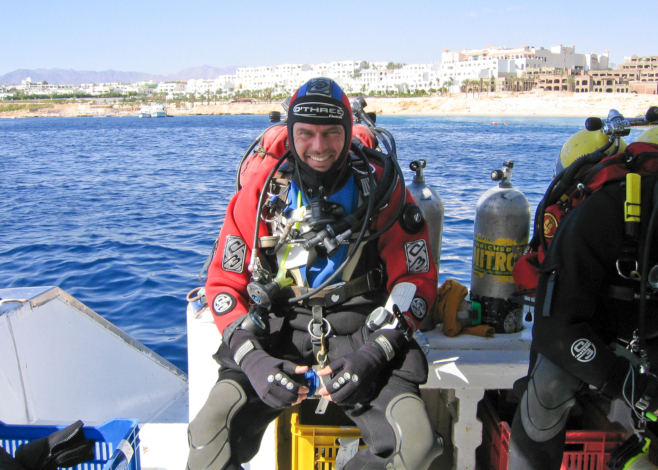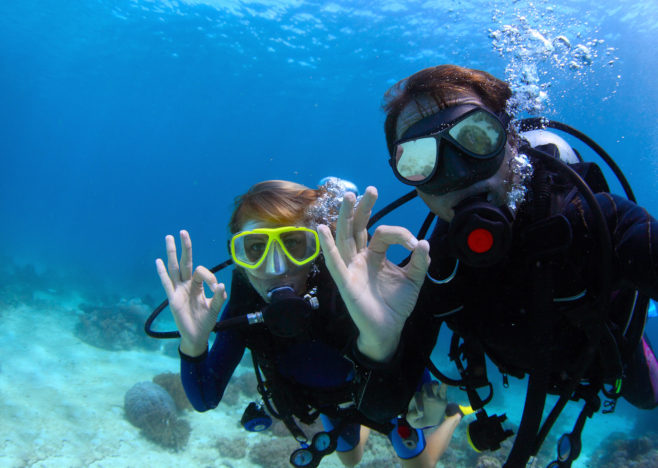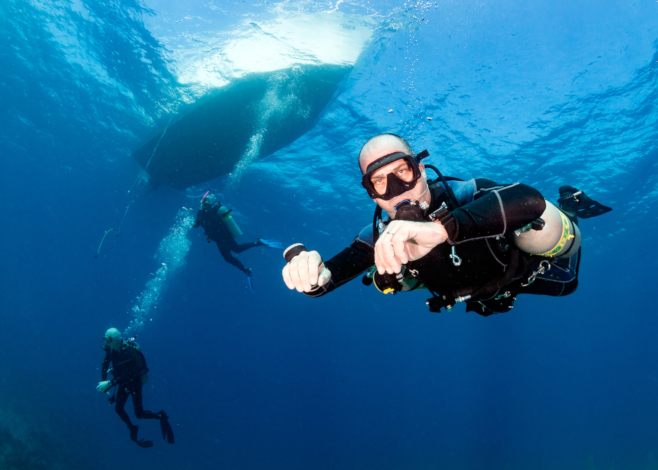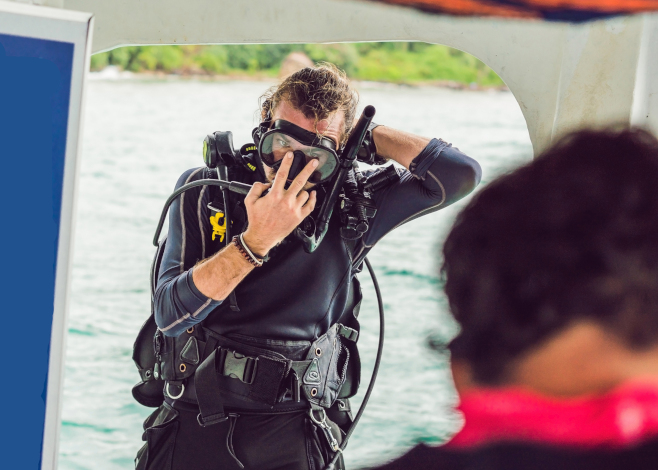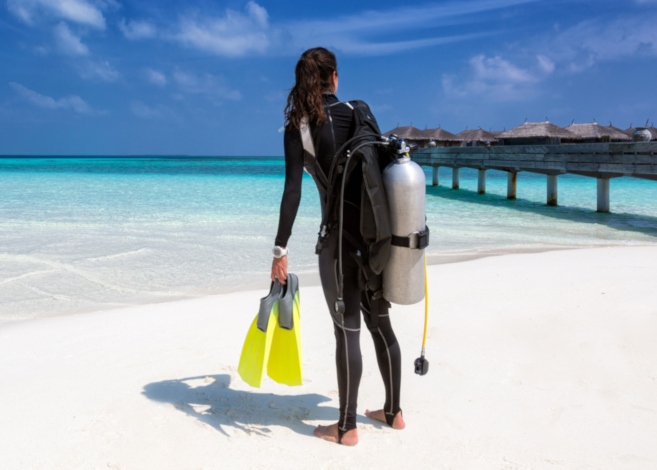Nitrox diving has been increasing in popularity for more than two decades and is now ubiquitous. What is nitrox, and why use it?
Training
We’re continuing a series we began last year on the ABCs of technical diving with I through L, starting with “I” for isobaric counter-diffusion and ending with “L” for logistics.
We’re continuing a series we began last year on the ABCs of technical diving with E through H, beginning with “E” for equipment. Do you know what gear will get you started in the world of tech?
Scuba diving is extremely safe when you’ve learned the right skills and have the right attitude. Part of that is knowing when to skip a dive. When and why would you do so?
Although we’ve discussed buying a recreational-scuba regulator, we’ve never delved into choosing regulators for technical diving. Here’s what you need to know.
It’s a common debate among divers: to keep or not to keep a dive log. Do you log your dives? Why is (or isn’t) logging dives important?
Technical diving can take a substantial commitment of time and finances, so you’ll want to choose the right location, dive center, and technical diving instructor. Here’s how.
What exactly happens to your body and mind when you experience a scuba-related panic episode. And how can you regain control?
A Discover Scuba Diving course can be a great way to see if the sport is right for you before you commit more time and money.
Divers often think of PADI, or perhaps SSI, when considering dive-training agencies. But DAN offers quite a few dive safety courses as well.
Many people struggle with equalizing their ears when they dive, but that often comes down to technique and practice. Here we’ll share four easy tips on the best ways to equalize your ears.
A divemaster qualification is usually the first step for a dive career. What are the qualities of a good divemaster?
Technical diving equipment configurations differ widely from recreational diving. Here we’ll look at the differences between twinsets and sidemount diving.
Deaf scuba divers experience the underwater world differently. Read on to learn what deaf scuba diving is like and how to be a good buddy to a deaf or hard-of-hearing diver.
Signing up for a tech-diving course usually means lots of research into agencies, locations and instructors. But how do you get ready for the course once you’ve made your choice?
The scuba back-roll entry should be as easy as falling off a boat, but what’s the best way to prepare and enter the water using a back-roll entry?
Technical diving has been a buzzword for several years now, but what is technical diving exactly? Here we’ll explain where recreational diving ends and technical diving starts.
In many parts of the world the easiest way to dive is from the shore. Here are our tips for executing a successful shore entry.


